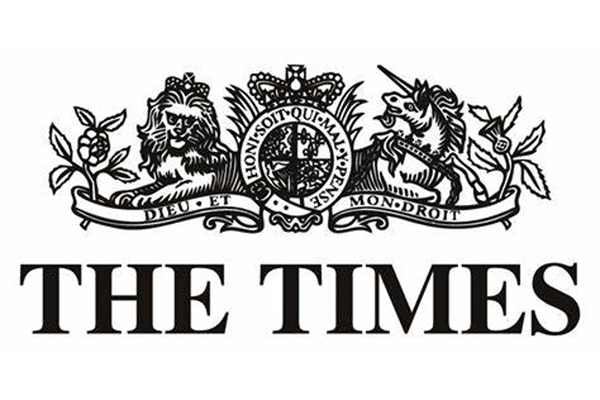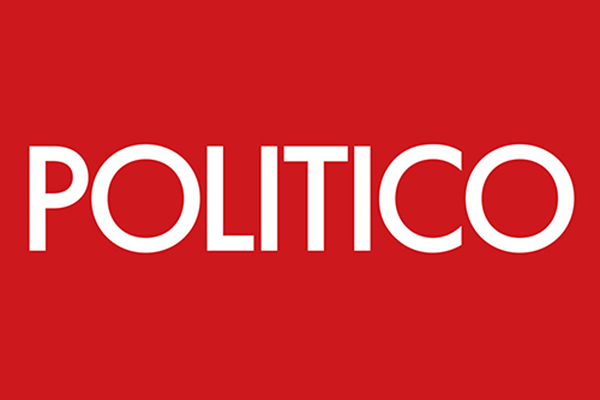A selection of our recent appearances in the UK media.

The Times
6 February 2026
SNP vote share plummets and Reform gains on John Swinney ahead of Holyrood Election
The More in Common survey was published on Friday, and showed that the constitutional divide remains central to Scotland's politics, with the nationalist vote largely unified behind the SNP while opposition to breaking up the UK is fractured across four parties, letting the SNP sneak in the back door.
Reform is now the most popular party among Unionists, taking 31% of those opposed to independence, ahead of Scottish Labour on 23%. The SNP's constituency vote is 35%, which is a major fall of 13 points from 2021 but still enough to give it a commanding 16-point lead over Nigel Farage's outfit.

The Times
2 February 2026
Countryside valued over good school and family when choosing new home
Being close to the countryside is more important to the British public than being near a good school and family, according to a poll.
Almost three quarters (73 per cent) of people said that proximity to the countryside was important when looking for a place to live, according to a survey of more than 2,000 adults by More in Common.
By comparison, 47 per cent said being close to a good school was important, compared with 63 per cent who valued proximity to work and 68 per cent who wanted to be near family. The desire to have a rural landscape on the doorstep was even higher than low local council tax, which 72 per cent said was important.

The Guardian
2 February 2026
More in Common has released some new polling on voter opinion in Wales which confirms that it is looking bleak for Labour ahead of the Senedd elections in May. Only 38% of people who voted Labour at the general election in 2024 say they would vote the party now, the poll says.
More in Common also says that, among people who voted Labour two years ago but would not back the party now, almost half of them say they would never vote for the party again (25%) or that they would not vote for it at least for another 10 years (20%).

The Guardian
29 January 2026
Politics live with Andrew Sparrow
Yesterday a reader asked if More in Common took into account that, by the next election, the voting age will have been reduced from 18 to 16 (assuming the government legislation goes through) when it produces its seat forecasts from its MRP polls. The answer came back, no.
The latest More in Common MRP poll suggests Reform UK is on course to win a majority of more than 100. It is projecting Reform on 381 seats, Labour 85, Conservatives 70, SNP 40, Lib Dems 35 and the Greens 9.
Prompted by the question, More in Common’s Jake Dibden crunched the numbers to see what might happen to these figures if they included 16 and 17-year-olds voting. He says the results would be different in eight seats, the numbers suggest. He says:
The last round of census data suggested there were only about ~1.5 million 16-17 year olds living in the UK. Of course those people were already of age to vote by the time of the 2024 election, but assuming the number is not too far off for current 12-13 year olds and given average turnout rates (and we know younger people tend to vote at lower rates than average), the reform would only be adding around ~800-900,000 active voters to the electorate (compared to the ~28 million that voted in 2024).

The Economist
28 January 2026
London now faces serious problems on both fronts; a poll by More in Common, commissioned by The Economist, found that just a quarter of Britons say London is a desirable place to live.
High housing costs are a big deterrent to living in London. They absorb around 30% of all disposable household income, according to Oxford Economics, much more than in Paris (23%) or Tokyo (24%). Although London house prices have fallen in real terms over the past few years, higher interest rates have eaten into any savings. Rents have continued to climb. The result is a squeeze: after housing costs, Londoners consume 7% less than the British average, despite earning 40% more.

Politico
23 January 2026
Nigel Farage’s support for Trump is putting off potential voters
STEVENAGE, England — Nigel Farage has a Donald Trump problem. Even voters keen on his poll-topping party are unsure about the company he keeps.
Among a key constituency of women considering switching from the ruling Labour Party to Reform UK, concern about Farage’s relationship with Donald Trump is rife, according to a new focus group and polling shared with POLITICO.
Wider polling by More in Common, the think tank which organized the focus group held on Monday night, found 25 percent of women see Farage’s support for Trump as the top reason not to vote Reform. That compared to 21 percent of the men surveyed between Jan. 10 and 13. More in Common’s sample size was 2,036 people.